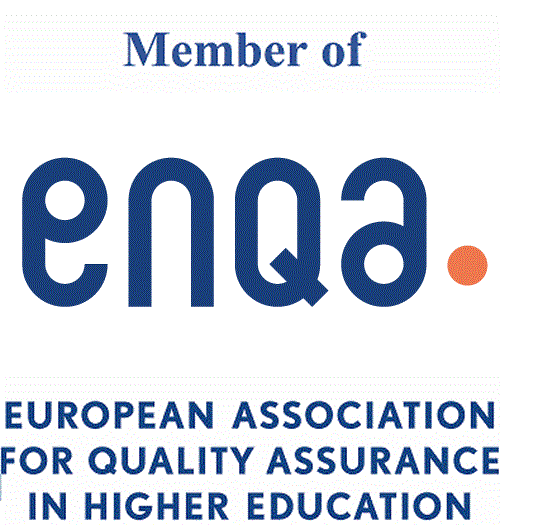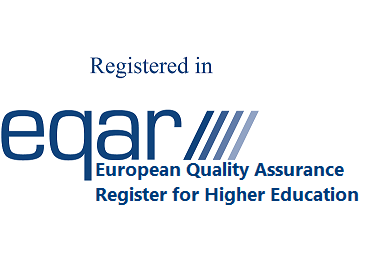This year, ANQA is conducting monitoring at 20 VET institutions. What are the primary focuses of ANQA’s monitoring activities for 2024? This issue was on the agenda of the meeting with the VET institutions quality assurance managers on April 10, at ANQA. A reference was made to the following:
- issues of the quality assurance system in VET institutions;
- VET institutions’ annual QA plans, principles of their development and implementation;
- activities in the direction of the AP enhancement;
- upcoming programme accreditation of VET institutions and process peculiarities.
ANQA’s Director Ruben Topchyan stressed the necessity for all VET institutions to have quality assurance managers. "Having a quality assurance manager is not a guarantee of the effectiveness of quality assurance processes. However, it is an important prerequisite for implementing quality assurance processes," mentioned Dr. Topchyan said. Addressing the annual quality assurance plan, it was emphasized that the QA manager should monitor VET institutions’ any process that would lead to change. The QA manager develops tools for evaluating the outcomes and obtaining data that would later be used by the VET institution’s management staff in the decision-making and enhancement processes. Touching upon the AP reforms, it was highlighted that the academic programmes should have managers to take responsibility for the effective implementation of the programmes and ensure their continuous enhancement in cooperation with the quality assurance specialists. The accreditation of medical VET institutions’ academic programmes is scheduled to start next year. As part of the process, the VET institutions should demonstrate to the expert panels that its alumni meet the requirements presented to the VET institution. "Institutional accreditation contributes to the credible award of qualifications.
However the process of ensuring the credible award of qualifications takes place at the programme level," said Dr. Topchyan. In terms of the credible award of qualifications, the VET institutions’ representatives considered the educational background of students coming from schools to VET institutions as a challenge. There was a proposal to disseminate the quality assurance processes at the level of general education as well. It was also emphasized that during the monitoring of the accredited VET institutions, apart from the aforementioned, the implementation process of the follow-up plan should also be studied.


